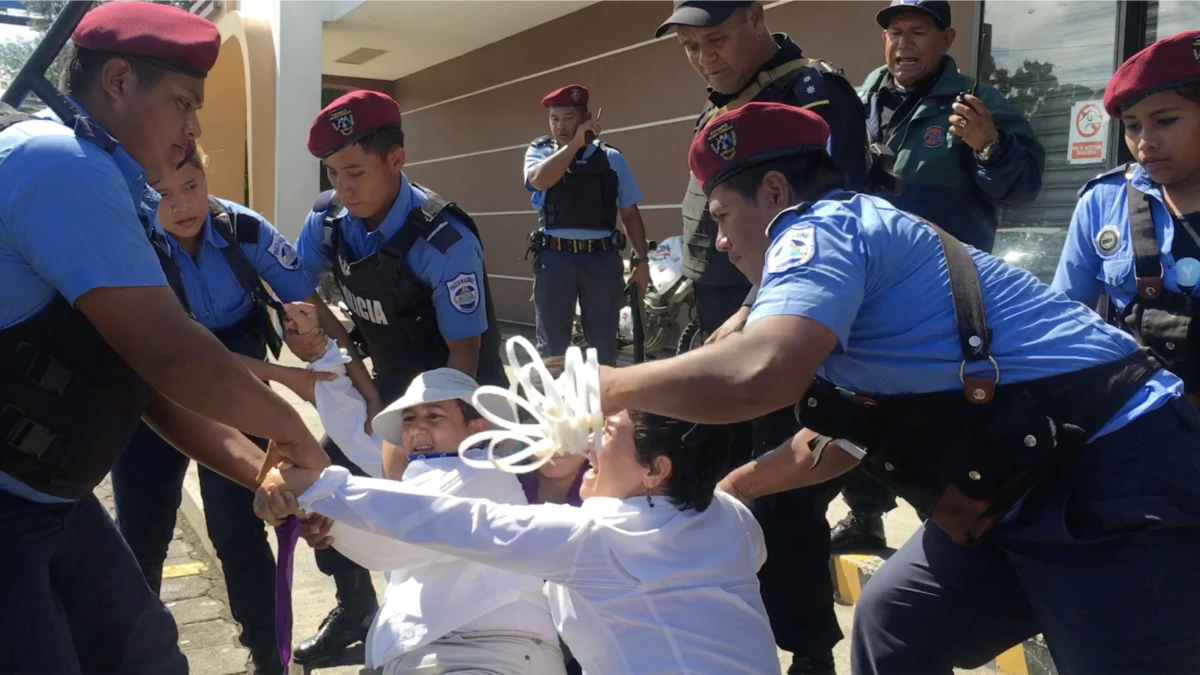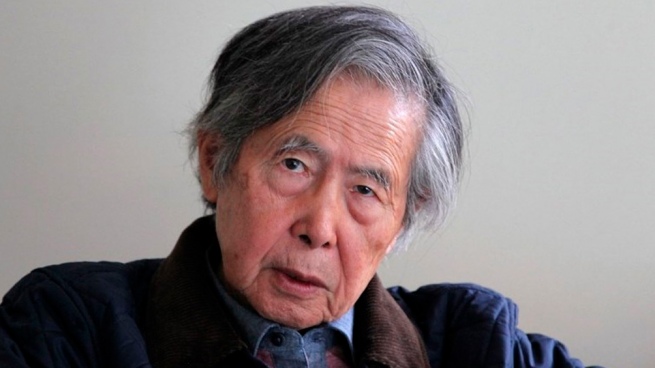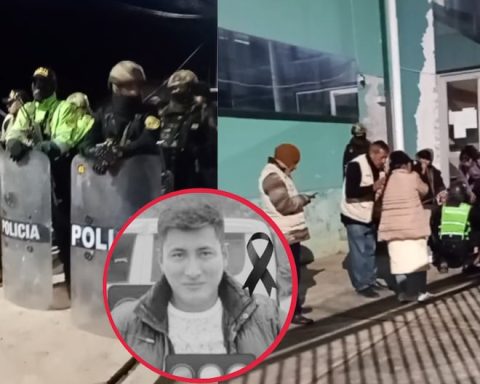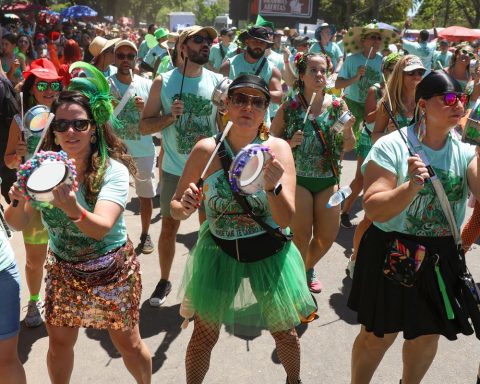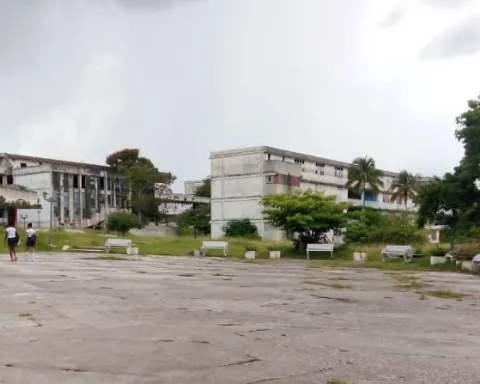Women’s organizations in Nicaragua will not be able to publicly march or claim their rights once again on their day, an exception in Latin America, where women take the opportunity to express their demands around the world every March 8.
The prohibition to demonstrate imposed by Daniel Ortega on all types of protest since September 2018, and which remains to date, also reaches this sector.
In 2021, women quietly marched at a private university in Nicaragua where they demanded an end to the “machista state” practices.
In Nicaragua, abortion remains criminalized, even when a woman is in danger of dying.
Last year they also asked for a strong hand to be exercised against the femicides that in 2021 left a balance of 71 women dead, according to the Catholic organization for the Right to Decide, which also compiled a total of 140 women who survived the attack of their aggressors.
The largest number of murdered women belong to the age range between 18 to 35 years, the organization said.
“Since we can’t march in Nicaragua, we will do it in Costa Rica,” he told VOA, Claudia Tenorio, activist and feminist exiled in San José, after the protests organized in Nicaragua since 2018 and that left more than 300 dead, according to human rights organizations.
Government sees women’s rights from another perspective
But despite the criticism, the Ortega administration sees the panorama differently, in fact Vice President Rosario Murillo recently highlighted that her government has approved laws for the benefit of women, such as Law 82, the Electoral Law that establishes that political parties politicians or alliances of parties that participate in the Regional, municipal, deputy elections of the National Assembly and the Central American Parliament, must present fifty percent of men and fifty percent of women in their lists of candidates.
The activist Claudia Tenorio says in this regard that the figures are only to make up the apparent gender equality at the international level because in the end, as she says, elected women “have neither voice nor vote.”
Despite the fact that she is a woman, Tenorio said, Murillo “carries out sexist practices” and orders torture and imprisonment of other opposition women who are detained in the context of the sociopolitical crisis.
He also recalled that several women’s rights organizationssuch as the NGO María Elena Cuadra, which provided support to activists who remained unemployed.
The closure of the organization “is a blow to women,” she told VOA, Sandra Ramos of the María Elena Cuadra Movement. “Those who came to our offices to request support are left defenseless.”
The sociologist and feminist María Teresa Blandón has a clear idea about what she considers to be the objectives behind these closures.
“What is it that really bothers the Ortega-Murillo regime? Well, that they be organizations that work autonomously, that do not depend on the Government, that are not due to the Government’s guidelines and political interests”, he said.
Connect with the Voice of America! Subscribe to our channel Youtube and turn on notifications, or follow us on social media: Facebook, Twitter and Instagram.
